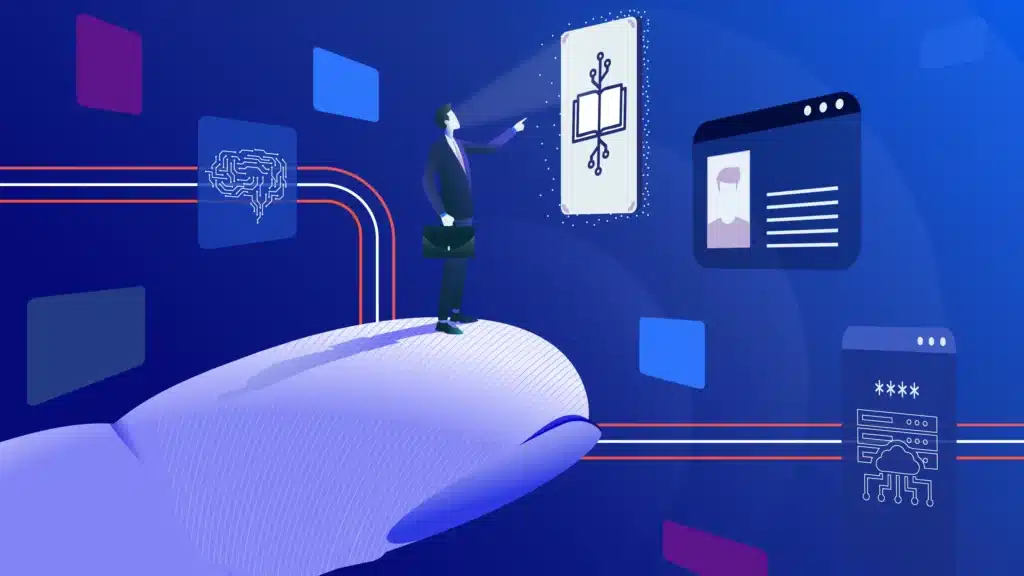Company life has hit a fascinating juncture.
As members of Generation Z steadily trickle into the workforce, their cohort brings fresh eyes and a unique perspective to all aspects of employment. This is definitely an exciting prospect for the future, but it’ll take a bit of planning to seamlessly integrate Generation Z into the workplace culture.
The ‘Z’ difference
If you’ve spent any time studying Gen Zers’ workplace tendencies (or Gen Z’s characteristics in general), you might know they communicate differently than Baby Boomers, Gen Xers, or Millennials. My Gen Z employees send deliverables and documents via Slack and text message, passing up email altogether. But they’re hardly secluded. They crave face-to-face interactions and really want to have their voices heard.
Jason Dorsey, president and co-founder of The Center for Generational Kinetics, is familiar with Gen Z’s traits and values. At a recent conference, he discussed his firm’s extensive research on Gen Z, noting that around two-thirds of this cadre of workers want frequent supervisory feedback. Where Baby Boomers might eschew video conferences with managers because they’d rather chat over the phone (or even feel that broadcasting their face is egotistical), Gen Zers embrace video chats as de rigueur and the most genuine way to connect with others.
Another characteristic shared by these entrepreneurially-minded workers is their tireless self-motivation. Give them an ambiguous problem, and they’ll come back with 10 solutions based on a few research articles they found. Don’t assume that this group wants answers upfront, either. Gen Zers prefer self-discovery instead of being handed a road map—even if the map seems more efficient.
The ‘why’ behind generation Z’s characteristics in the workplace
How did Gen Z become such a one-of-a-kind group? Dorsey suggests that Gen Zers grew up not just as tech natives, but also as participants in the late 2000s economic crash. They saw their parents lose money, struggle, and work their way back to financial stability.
This means they’re prepared to play hard. In fact, research from Monster indicates that Gen Z doesn’t shy away from rigorous work: More than half of Gen Zers are willing to put in extra hours for a better salary, 49% envision themselves running their own business someday, and 67% are open to relocating for a great job opportunity. In other words, they’re dedicated to their careers.
Despite these positive attributes, Gen Z’s presence in the workplace can create tension. Leaders who expect to motivate and manage Gen Zers as if they were just younger Baby Boomers should rethink their managerial styles — and this is an evolution that always comes with some growing pains.
At Pariveda, we’ve accepted that Gen Z likes to have a hand in corporate strategy. And though we already have a healthy strategy and value proposition, we encourage all team members to play a part in our brand identity.
We have our long-term founding vision, but we’ll always engage our Gen Z team members to help define shorter-term strategic principles and consider how specific projects tie back into our grand vision. Tesla’s master plan is a well-known example of this type of strategy, and it also aligns with Gen Z’s motivations. The company has a general destination, but there’s a lot of flexibility to make short-term decisions.
Another way we’ve integrated new workers into Pariveda’s fold is by adopting Holacracy, an organizational system for companies that emphasize self-management. In a holacratic organization, anyone can make a proposal to change the purpose of any given aspect of the business at any time.
This approach admittedly isn’t for everyone, but it works within our mission and across our organization. It’s especially exciting for Gen Zers who want to have a hand in making the changes that affect them. We also find that it promotes involvement across generations and breaks down age barriers. Essentially, seniority won’t topple great ideas.
You’re probably facing a wave of incoming Gen Z employees, but you don’t have to radically alter the way your company operates to truly support them.
Five ways to nurture Gen Z in the workplace
Make early contact to encourage growth
Part of Pariveda’s growth model involves hiring recent college graduates who will evolve to become leaders. Our Gen Z employees are joining a well-established organization, but they don’t want to just take the organization as it is. Because of this, it’s important for us to educate our newest team members on Pariveda’s founding principles as well as our vision yet to come — and offer them direct opportunities to impact that vision. Gen Z employees almost always want to make an impression on the business, so we’re constantly searching for projects and areas where they can contribute.
Channel their generational talents
This is especially important for Pariveda. Here, raises and promotions come from an employee’s ability to self-manage, demonstrate emotional intelligence, and solve problems. In other words, Gen Z is very likely to do well here.
Bringing Gen Zers into the workplace gives you the opportunity to nurture them alongside your brand’s purpose. As soon as they join the team, start guiding them toward growth that’s positive both for them and your company. After all, it’s much easier to train a Gen Z employee who doesn’t have deeply ingrained ways of working, thinking, and behaving.
Get your communication in line
Be sure to tailor your organizational structure to support the people working on different aspects of the business. If one part of the organization is heavily weighted toward Generation Z, for instance, use your understanding of Gen Zers’ traits to change the way you communicate with that department. Don’t stop at Gen Z, though. You can do the same thing with teams that lean more Millennial, Generation X, or Baby Boomer.
Tell your employees about their new co-workers
Never assume that your other employees are up to speed on Gen Z’s traits and core values. Instead, try giving people the chance to develop their personal approaches and train them on how to work with their younger colleagues.
We’re big fans of the Predictive Index assessment, which estimates how people will act under stressful conditions. When everyone is on the same page and understands each other’s inclinations, workers are more likely to be pragmatic and empathetic. You’ll also get a variety of perspectives by doing this, and that’s always a plus.
Celebrate everyone’s uniqueness
Despite all this, not everybody fits into a stereotype. Your oldest Boomer employee could be incredibly savvy with technology, and your youngest might prefer reading news in print.
Tests and studies do give you generational trends, but they aren’t reflective of every single person within an age group. To help employees reach their fullest potential, your best bet is to approach people as individuals first. Then, consider the generational traits that might drive their actions.
The floodgates have opened, and members of Generation Z are joining the economy in full force. Welcome them with open arms because they’re poised to shake things up in a good way — and be mindful of the adjustments your firm can make that will help these go-getters flourish.



















